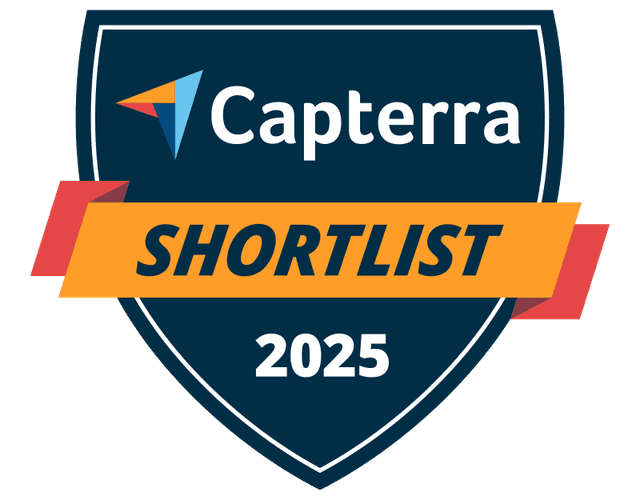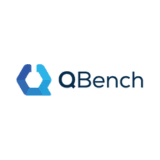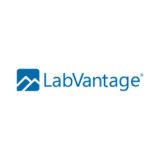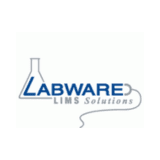Why Use SafetyCulture?
As a laboratory information management system, SafetyCulture allows organizations to bring their information management practices, records, and historical data to the digital world. Doing this makes it easier to access laboratory data, improving overall operational efficiency within laboratories of all shapes and sizes. The platform can gather, store, analyze, and process laboratory information while also offering mobile support, enabling teams to access important data whenever and wherever. Upload forms, inspection checklists, reports, and documents alongside laboratory monitoring sensors’ data into the cloud in real-time, ensuring all workers are updated with all laboratory changes and events as they happen.
Features:
Stay connected with the team by sending memos, announcements, and more directly on the platform and notifying them of important updates.
Gather accurate information on different tests, experiments, and other laboratory processes using digital checklists that you can customize to your needs.
Report issues spotted during laboratory inspections and allow teams to designate them the necessary corrective actions right away.
Easily gather information about laboratory assets, laboratory temperature and air quality readings, and other equipment through the use of monitoring sensors, QR codes, and RFID tags.
Integrate the platform with other apps designed to manage laboratories for a smoother workflow.









